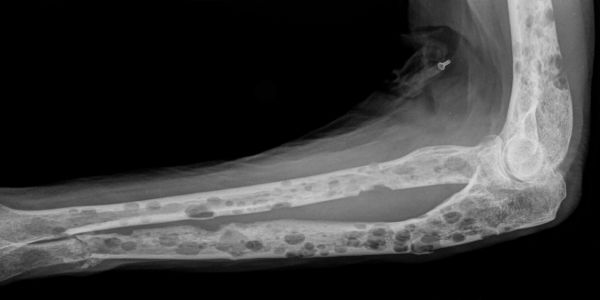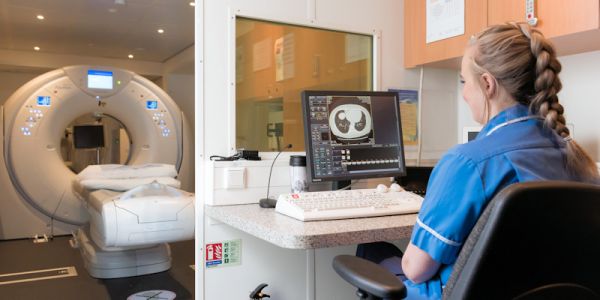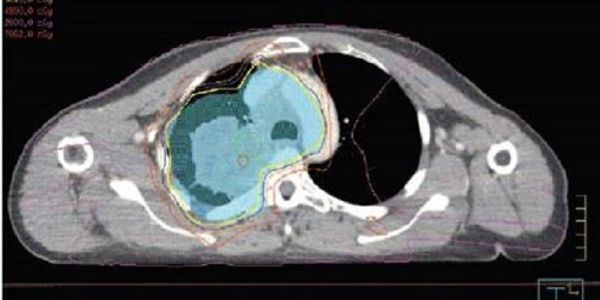
Space research aims to boost Yorkshire economy
The University is to help spearhead a national programme of technological revolution backed by the UK Space Agency.

The University is to help spearhead a national programme of technological revolution backed by the UK Space Agency.

The University has announced a research agreement with the West Coast Partnership, the franchise that runs rail services on the West Coast Main Line and selected as the operator of phase one of HS2.

University staff and students have been recognised for their role in helping to establish the Alderley Park Lighthouse Laboratory in Cheshire, a key part of the Government’s COVID-19 testing strategy.

New research into how a common parasite infection alters human behaviour could help development of treatments for schizophrenia and other neurological disorders.

A new clinical intervention trial aims to improve outcomes for patients with the bone marrow cancer multiple myeloma (MM).

A lung cancer trial aiming to detect disease in higher risk patients before they show symptoms has caught dozens of cases early.

Senior leaders from across the Leeds City Region have joined forces to provide urgent support for innovators and entrepreneurs who will be key to the recovery of our future economy.

Scientists have been awarded £900,000 from Cancer Research UK to launch a groundbreaking clinical trial for people with lung cancer.

An outline £10 million co-investment agreement has been signed by the University of Leeds and the companies involved in the power supply upgrade of the East Coast Main Line.

Bonfire Night celebrations contaminate our air with hugely elevated amounts of soot, scientists have discovered.